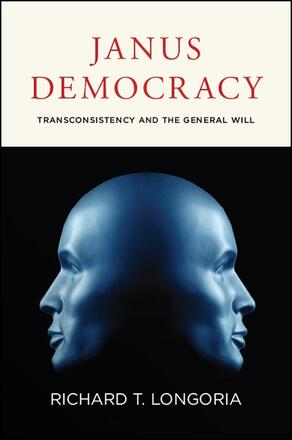
Janus Democracy
Transconsistency and the General Will
Alternative formats available from:
Explores the contradictory nature of public opinion.
Description
Combining political philosophy with a study of political behavior, Richard T. Longoria examines the contradictory nature of public opinion on policy issues. He argues that public opinion is often characterized by dialetheial paradoxes—when a statement and the contradiction of that statement are both held to be true. For example, a voter may express a desire for a balanced federal budget but also be against reducing entitlement programs, increasing taxes, or any other solution to achieve that goal. Longoria focuses on various social issues and domestic and foreign policies to explore these types of contradictory and incompatible preferences, arguing that they stem from the pragmatic nature of Americans' worldview, which prefers expediency over consistency. These inconsistencies are typically called "non-attitudes," but Longoria suggests it would be better to call them "bi-attitudes." When people have internalized the contradictions and believe in both¬ ideas even when the two are incompatible, they are being transconsistent rather than inconsistent. Transconsistency, Longoria concludes, leads to perpetual dissatisfaction with the political system because the government often attempts to satisfy the incompatible preferences of a two-faced public.
Richard T. Longoria is Assistant Professor of Political Science at the University of Texas Rio Grande Valley and the author of Meritocracy and Americans' Views on Distributive Justice.